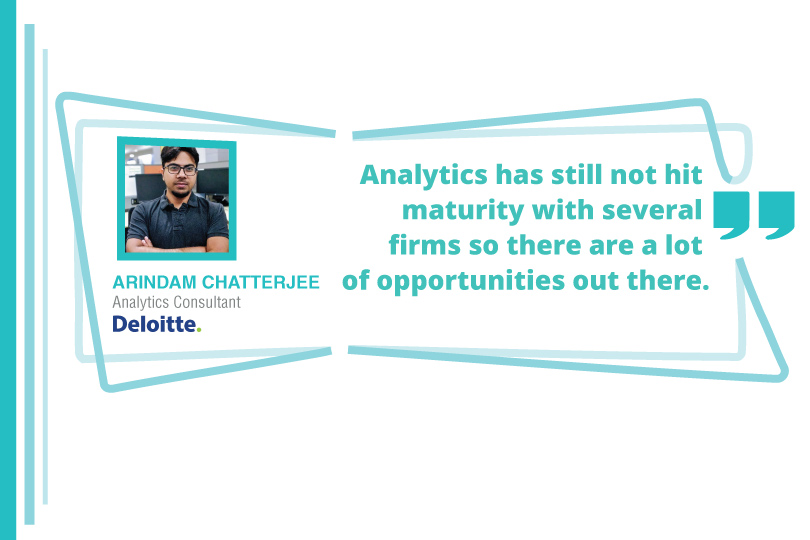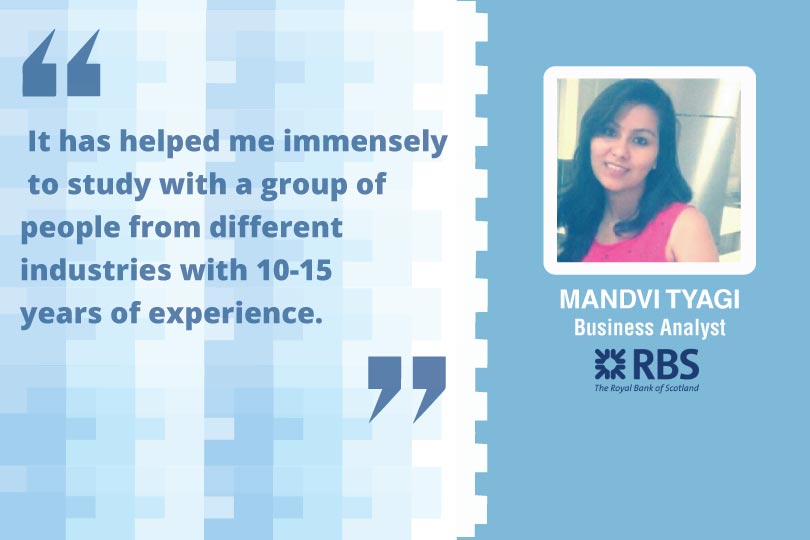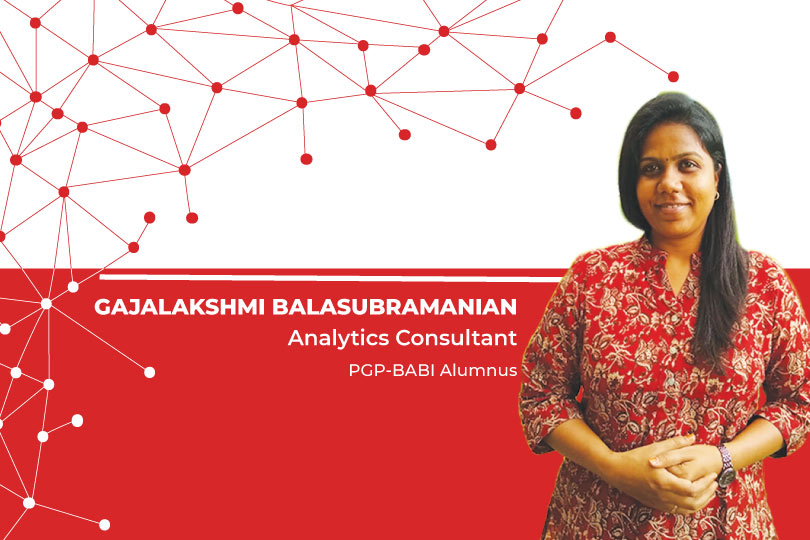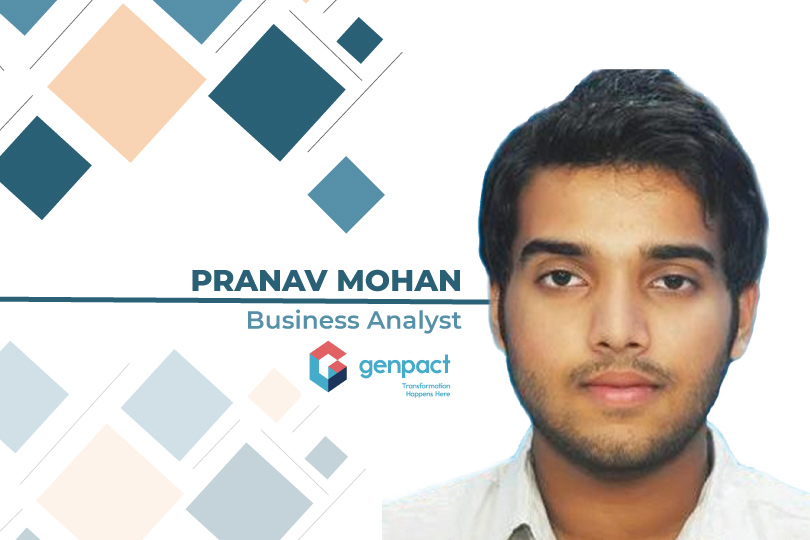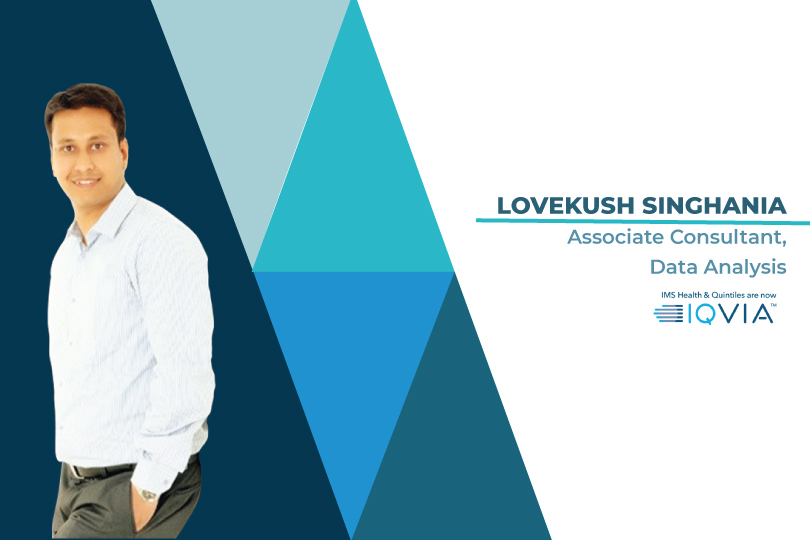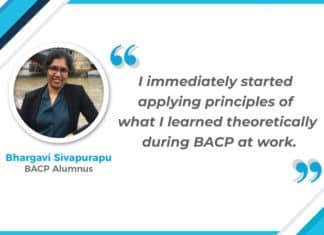My Journey So Far: I graduated as an engineer in 2014 and joined IBM India as a BI (Business Intelligence) Developer. After a brief 2-month stint with Walmart Labs, I joined Gartner’s Research Board as a Business Data Specialist.
It was A Simple Decision When I Chose Great Learning: At IBM, I was already working in Business Intelligence and wanted to continue in the same field. I was never a fan of the core project management role and that’s why I opted for the Great Learning Analytics program. I enrolled in PGP-BABI as it felt like a natural progression to acquire more knowledge in my own field. Analytics is a growing industry and there is ample promise in terms of career trajectory.
I Didn’t Want to Take Up an Online Course: I was considering several online courses but I joined Great Learning as there is no motivation to continue with an online program after a point. With Great Learning, I felt like I was back to college with a well-structured plan and dedicated timelines to follow. I had a few conversations with Great Learning alumni and they unanimously told me about the excellent Great Lakes faculty that comes from the industry with years of experience and multiple real-life examples that they share with the candidates. No one gets that exposure with online courses. Industry exposure is much more important than the theoretical knowledge.
I Liked the Program Because Of Its Industry Exposure: As a person with just 2 years of work experience back then, I didn’t have expertise in any domain. The program introduced me to the application of analytics in different fields such as Marketing, Finance, Supply Chain, and Operations, etc. Case studies in different domains helped me understand the context better. It also helped me apply to a larger pool of organizations for analytics roles since I learned about different industries.
The second thing was, of course, the capstone project that I did with a travel start-up. The case studies (with the clean data) set the foundation for a larger capstone project that involved using raw authentic data in a live set-up. That’s when I learned the entire analytics project chain from start to finish.
My Experience as a BACP Mentor Has Been Extremely Satisfying: My main reason for entering the BACP mentorship program was to keep up with all the techniques that I don’t get to use in my job role. The questions asked by the students keep me on my toes and I really like the challenge of answering all their queries. It is going pretty good and I am thoroughly enjoying it.
Tools and Techniques I Use in My Current Role: In IBM, I was working on Cognos which is a BI tool and Tableau to a certain extent. Luckily, at Gartner, I have the flexibility to use the tools and techniques which I feel will help me solve a problem better. It is a research kind of role where I am not constrained by the tools as long as it solves the problem at hand. Mostly, I use R which is a free open-source tool, but I also have the liberty to use a paid tool, provided I am able to justify its importance in solving a particular problem.
My Advice to Aspirants Looking for a Transition to Analytics: Contrary to popular perception, Analytics is a combination of domain and technicalities. Analytics can be applied in any field like finance, healthcare, marketing, etc. Whatever the domain or background of a person, they can always apply analytics in their own fields in one way or another. So my advice is to learn and apply analytics in your own domain before you start looking for a full-fledged analytics role in the job market. The ideas are not limited to a particular domain, and so shouldn’t you be. Also, Analytics is not all technical. R, for example, is not a very technical language. It is a very simple tool to use. I applied it to my capstone project at Great Learning confidently which really helped me get hands-on experience.
From System Engineer to Business Data Specialist: Manaspreet Kaur
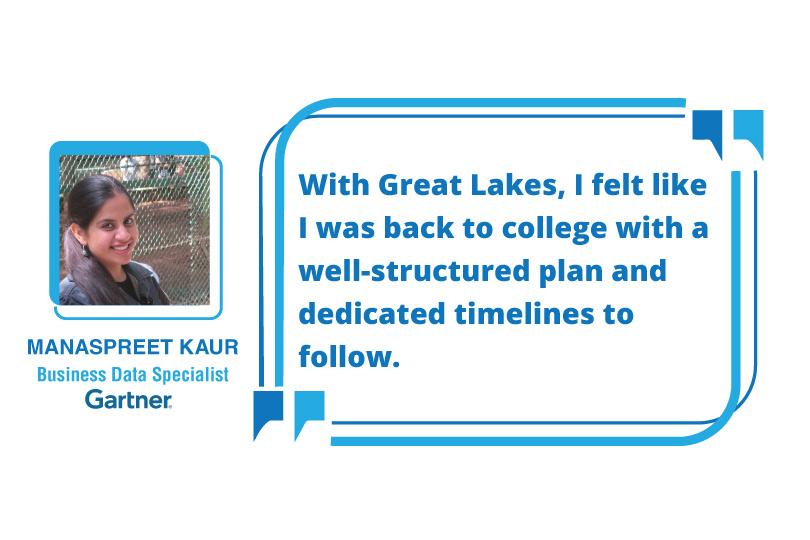
Table of contents
